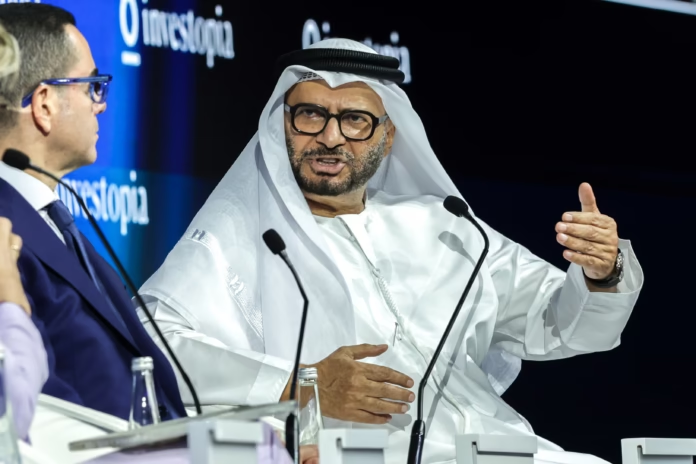A senior UAE diplomat has recently withdrawn his strong condemnation of Israeli Finance Minister Bezalel Smotrich following new information. Initially, Dr Anwar Gargash accused Smotrich of urging Gulf states and European countries to fund Israel’s military actions against Iran. However, after further review, it became clear that these remarks were inaccurately attributed to the minister. Consequently, Gargash removed his previous public statements and issued a clarification. This retraction comes amid escalating tensions between Israel and Iran.
The diplomatic adviser to UAE President Sheikh Mohamed bin Zayed Al Nahyan emphasised that the initial criticism reflected concerns over alleged comments. Gargash described the purported statement as “moral bankruptcy” from an extremist figure unaware of escalation risks. Nevertheless, he later received reliable confirmations and reviewed the interview transcript carefully. It became clear that the Israeli Finance Minister never made the remarks about Gulf funding. Therefore, the UAE diplomat publicly corrected his position to avoid misinformation.
Moreover, Gargash reiterated the UAE’s official stance on the conflict, calling for reason and diplomacy. He stressed that regional challenges require coordinated efforts and wise dialogue rather than escalation. The UAE’s leadership, under Sheikh Mohamed bin Zayed, is actively engaging with Gulf and global leaders to ease tensions. The focus remains on stabilising the region and avoiding deeper instability caused by ongoing hostilities. Therefore, the UAE urges immediate de-escalation to protect regional peace.
The recent US strike on Iranian nuclear sites has further intensified the Israel-Iran conflict. As a result, Gulf nations, including the UAE, expressed deep concern about the possible consequences of this escalation. Gargash warned that the conflict’s impact could extend far beyond immediate borders. Consequently, he called for a swift return to political dialogue to prevent more harm. History has repeatedly shown that prolonged conflict brings devastating outcomes to all parties involved.
Meanwhile, reports highlight the enormous financial cost of the war for Israel. According to The Wall Street Journal, Israel spends hundreds of millions of dollars daily on missile interceptors alone. In addition, expenses come from ammunition, aircraft, and damage to infrastructure. Estimates suggest rebuilding efforts could exceed $400 million. These mounting costs add pressure on Israel to seek a resolution quickly, ultimately affecting the region’s future dynamics.


